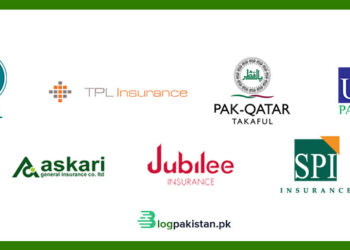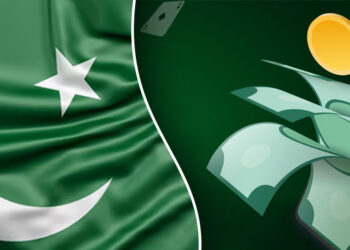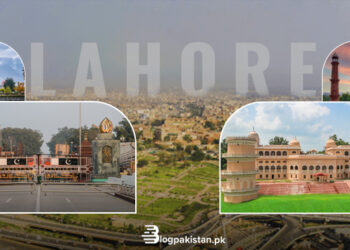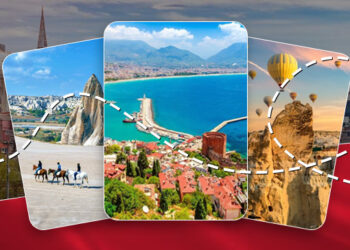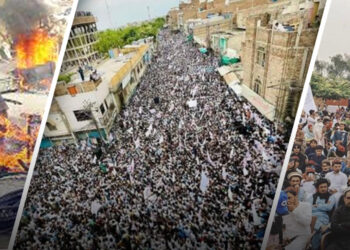Quaid, the founder of Pakistan and one of the few leaders who fought for the country till the very end, left the nation in sorrow, on 11th September 1948.
A year after the birth of Pakistan, we lost the man who gave us a free land, where every caste, religion, and race was welcome.
There is so much to talk about, so much to know about Quaid’s legacy, and that is exactly what we will explore in this article.
Quaid’s Death Anniversary – Events Around Pakistan
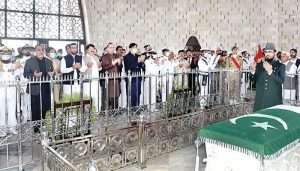
To mark the death anniversary of our founding father, each year, various programs are planned in schools, colleges, universities, and offices.
Many political, social, and cultural organizations also organize talks and meetings to shed light on the personality, life, and contributions of Quaid-e-Azam Muhammad Ali Jinnah.
“Fateha” and “Quran Khawani” also take place yearly, at Quaid’s mausoleum in Karachi.
To spread awareness among the masses, television and radio channels broadcast special programs, and newspapers publish special editions to highlight his successful political career and outstanding efforts.
His Early Life
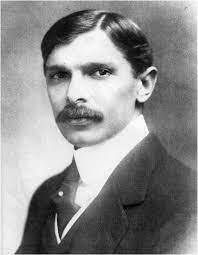
Jinnah’s birth name was Mahomedali Jinnahbhai, and he was born on 25th December 1876. His mother Mithibai, gave birth to him in a rented apartment on the second floor of Wazir Mansion near Karachi, now in Sindh.
His father, Jinnahbhai Poonja, was a merchant and born to a textile weavers family in the village of Paneli in the princely state of Gondal (Kathiawar, Gujarat).
Law and Politics
At 20 years of age, Jinnah began his practice in Bombay, being the only Muslim barrister in the city at that time.
As a lawyer, Jinnah gained fame for his clear thinking and being very careful and firm about his words. The 1908 “Caucus Case”, is one of his most popular cases.
Jinnah began his political career by attending the Congress’s 20th annual meeting, in 1904, in Bombay.
Though initially against the idea of division, Quaid later joined the All-India Muslim League in 1913 and became its President in 1916 (still a member of Congress at the time).
He left Congress in 1920 and other political seats except for his position in the Muslim League. Although he did take a break from politics for a few years he came back and fought for the country till independence in 1947.
He became the first governor-general of Pakistan and despite his failing health, he served the country till his last breath.
His Unforgettable Contributions
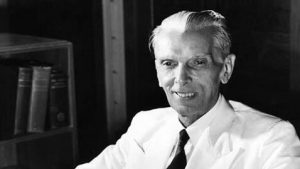
Quaid was a competent lawyer and strong leader, who wanted to guide Muslims in their best interest.
Although he initially wanted to bring political unity between Hindus and Muslims and had earned the title of “the best ambassador of Hindu-Muslim unity,” coined by Gokhale, he, later on, realized the vitality of a separate nation for the two groups.
He carried out a nationwide campaign to warn Muslims about their fate if they didn’t fight for freedom. He converted the Muslim League into a powerful instrument to bring the Muslims together into a nation.
From March 22–23, 1940, in Lahore, the league adopted a resolution called the “Lahore Resolution” to form a separate Muslim state.
The idea of “Pakistani” was at first ridiculed by the Congress Party but it captured the imagination of the Muslims.
At that time the British government was firm on maintaining the political unity of the Indian subcontinent, keeping Muslims and Hindus together.
It was all because of Jinnah’s skills, steadfastness, and tenacity that ultimately both the Congress Party and the British government agreed to the partitioning of the subcontinent.
The very creation of Pakistan is because of his efforts and the contributions of many other leaders that worked with, and before him.
Quaid’s Vision for Pakistan and Our Role
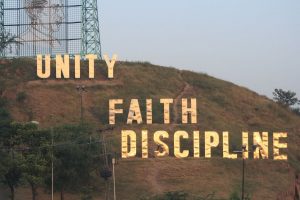
Quaid believed in unity, faith, and discipline for success and dreamed of a country without any kind of discrimination or hatred. He preached about religious freedom and stood up for minority rights.
Currently, it is high time for all Pakistanis to realize their value in the world and to stand firm, together, to make Pakistan what it was always meant to be!
As Pakistanis, our role is to work on ourselves and fulfill our responsibility as a citizen. Creating ease for others, working on education, employment, and justice, and representing Pakistan in a good light around the world, are just a few things we can all contribute towards.
Although we are a developing nation and there is so much to do, with around 63% of the population being youth, we can do wonders, if we stand together.






